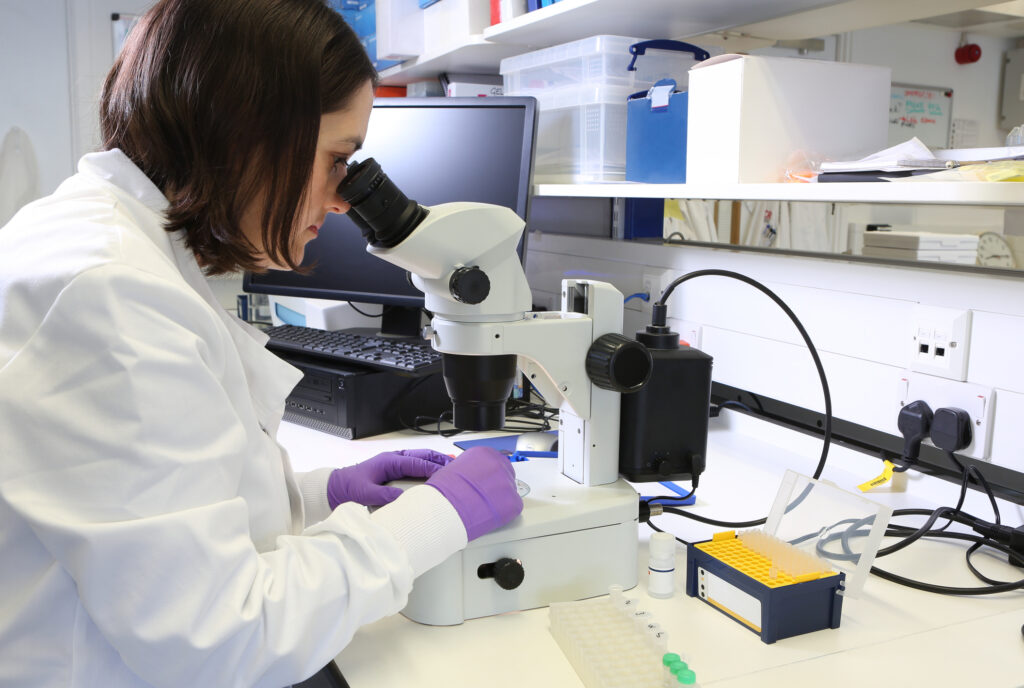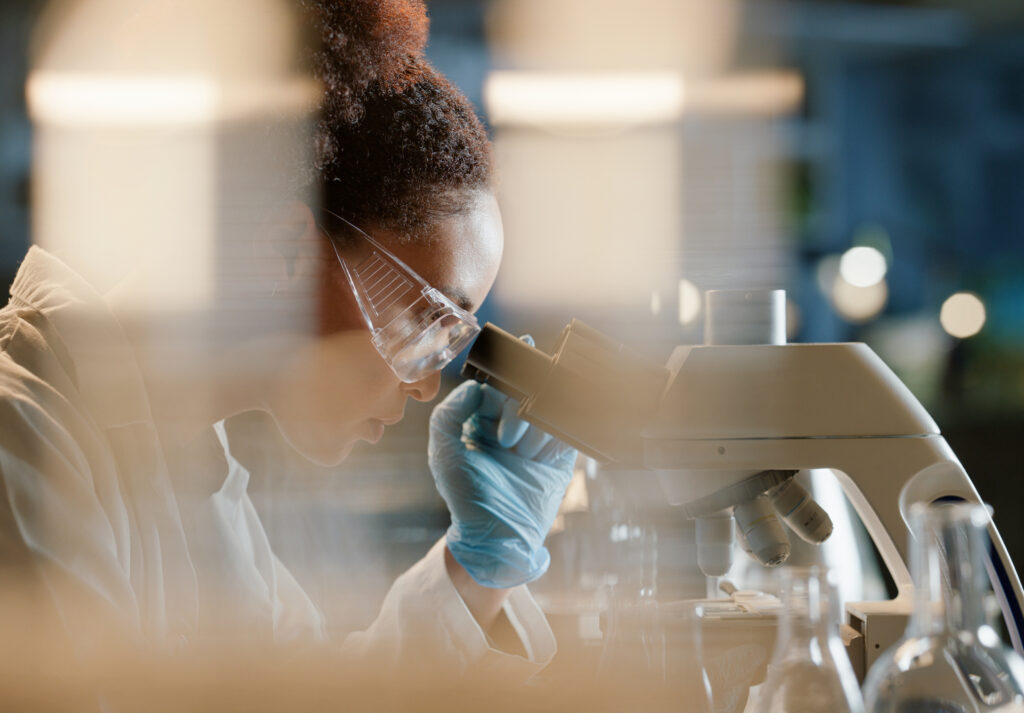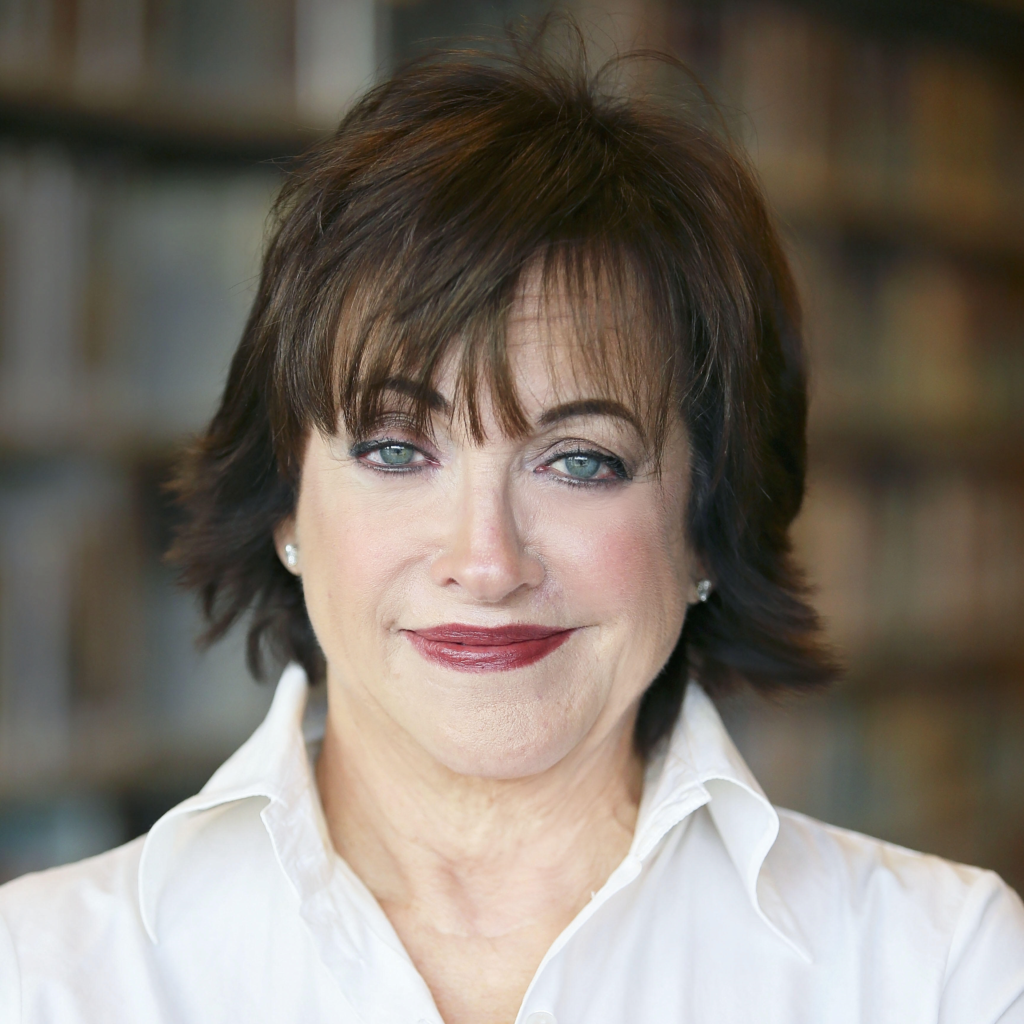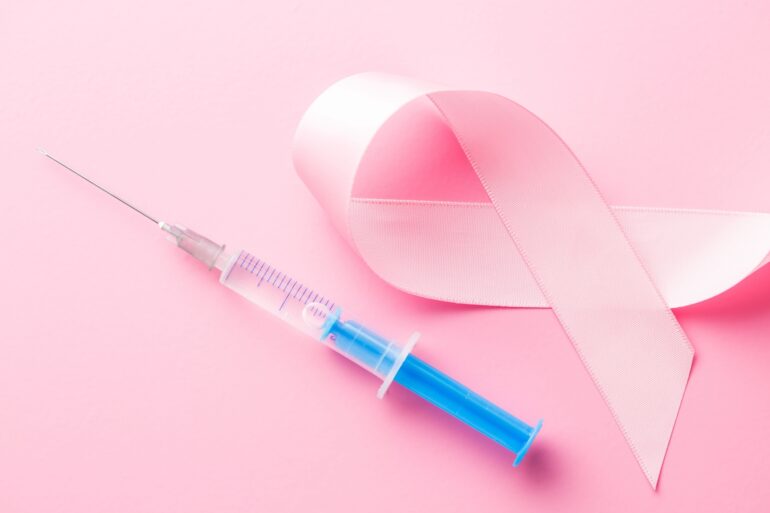An exciting clinical trial involving a vaccine at the Cleveland Clinic could change the world of breast cancer.
“Curing cancer has been something we all talk about. Even better, is to prevent the cancer in the first place. So, in a sense, prevention is the cure,” said Dr. Amit Kumar, CEO of Anixa Biosciences.
An early-stage clinical trial for a breast cancer vaccine is yielding remarkable results.

“While treating and curing breast cancer today is very possible if the breast cancer is found early, the treatment process is BRUTAL,” said Kumar. “Chemo, surgery, post-surgical treatment, etc. — wouldn’t it be better to not ever get the cancer?”
The phase one clinical trial at the Cleveland Clinic involved 26 women, all diagnosed with triple-negative breast cancer, the deadliest type. All of the women had finished their surgeries and therapies. All had a positive immune response.
The phase one trial is designed to:
- determine first if the vaccine is safe for humans.
- identify what is known as a maximum tolerated dose, which is the dose that we will use for successive trials.
- determine if the women who are getting the vaccines all have an immune response, their immune systems recognize how to target the cancer cells.
Kumar said the phase one trial achieved all three goals. The real question, he said, is how strong a response is needed to prevent breast cancer. They will not know until the phase two study but believe a very modest response is good enough.
He explained that when cancer arises, it starts off as one bad cell, then reproduces two, then four, and so on.
“But if you have been vaccinated,” Kumar said, “and you have trained your immune system to destroy those cells as the first cells appear, your immune system will destroy them, and they never have a chance to become a big tumor. And so, we think a modest response is good enough… that is what we saw in the animals, and our goal is to prove that in humans.”
The phase two study and phase three will involve a more diverse group of women from throughout the country.
Dr. Vincent Tuohy, an immunologist at Cleveland Clinic, conceptualized the molecular mechanism of this vaccine about 20 years ago. Sadly, Dr. Tuohy passed away last year at the age of 84. Kumar met him and partnered with him and his research team in 2018.
The study is considered “game-changing,” at least according to the U.S. Department of Defense. Years ago, a small line item included in their appropriations bill provided funding for “revolutionary changes, something that could change the landscape of cancer,” said Kumar.
Over 6 million dollars has been funded to the Cleveland Clinic and used for the phase one study. Kumar said more funding has been requested. Regardless, there is funding available to continue the research.
In addition, Kumar said they have recruited women who are having prophylactic mastectomies who do not have cancer. They have chosen to be proactive upon learning they have a genetic mutation such as BRCA or Palb2 that leaves them at risk for breast cancer.

The women will be vaccinated before their mastectomies to see if they secrete the induced immune response to target cancer cells. Then, their breast tissue will be examined after surgery. This is purportedly healthy breast tissue.
“What we found when we did the animal studies is that when we vaccinated mice that don’t have cancer and removed their healthy breast tissue, we found that the white blood cells induced or trained are surveilling the breast tissue,” Kumar said.
Kumar stressed that there is no scientific proof of this but believes that a lot of women who have these mutations have micro-tumors — a cell here or there in the breast that is cancerous and that a lot of those cells probably die on their own or get destroyed by the conventional immune system.
“But now we are training the immune system to go look for those cells. We believe when we take out that breast tissue, that we are going to see little, tiny, micro tumors in that patient’s breast.”
He said the cells look different from normal cells — we stain them with a marker and can see them.
“This is incredibly fascinating because… you may have the mutations, and that places you at an incredibly high risk of getting cancer.”
How To Help
October is National Breast Cancer Awareness Month, but there are many organizations tirelessly working on funding research to treat and cure cancer, as well as support people affected by breast cancer year round. Here are a few places you can make a difference.
Susan G. Komen Breast Cancer Foundation
Founded in 1982, this foundation helps to “fuel research, community outreach, advocacy programs and more” through various programs, including Race for the Cure, benefit concerns, Play with a Purpose, and more.

American Cancer Society
The American Cancer Society has an entire division dedicated to breast cancer awareness, education, and research. From providing insight into the overwhelming information that comes with a diagnosis to educating the public about preventative screening information, the American Cancer Society’s mission to help end cancer is always looking for support.

National Breast Cancer Foundation, Inc.
For more than 30 years, the National Breast Cancer Foundation has worked to help educate women about breast cancer, its risks, and the importance of early detection.

Twist Out Cancer
Twist Out Cancer provides emotional and social support to people affected by cancer. Various art therapy programs and fundraisers unite patients, caregivers, and anyone else impacted by cancer. Donations help support Twist Out Cancer’s many outreach programs.

Karen Dove Cabral Foundation
The Karen Dove Cabral Foundation was created in honor of a remarkable young mother who bravely fought breast cancer until her untimely passing at age 36—the organization partners with healthcare facilities to identify patients with financial needs and fill in support gaps for things such as medical treatment, child care, housekeeping, transportation, and more.

More From Better
- From Survivor to Advocate: A Little-Known Mutation Shaped My Breast Cancer Journey— Now I Share My Story to Save Lives
- 15 Foods and Diet Choices That Can Reduce Your Breast Cancer Risk
- Op-Ed: Breast Cancer and the Power of One

Susan Berger is a freelance journalist in Chicago and has written for the Washington Post, New York Times, and Chicago Tribune. She was a 2021 CDC Fellow through the Association of Health Journalists and a National Press Foundation Fellow in 2019 to study vaccines and dementia. She has also written for Health Magazine, National Post, Agence France-Presse, CBC, and Better Magazine. Ms. Berger has appeared on the Today Show, NBC Nightly News, BBC World News, CNN, WGN-TV, WTTW-TV, and CBC Radio. Her work can be viewed at www.bergerreport.com, and you can follow her on X @Msjournalist

